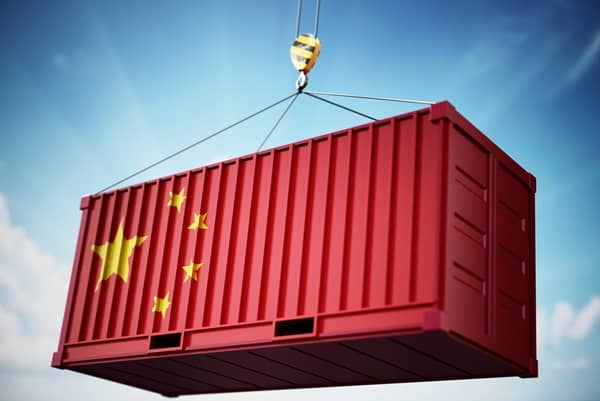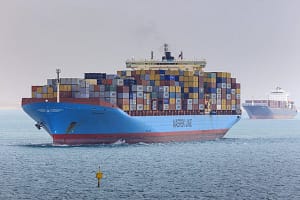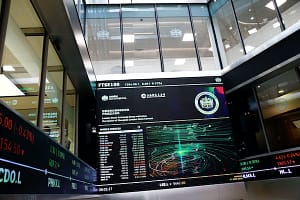Trade has shifted from a tool of connectivity to a weapon in the geopolitical competition between the US and China, finds a research report from LSE IDEAS.
“We are in the late autumn of neo-liberal economic thinking and in a new springtime for realist geopolitical analysis,” says Richard Higgott, Distinguished Professor of Diplomacy at Brussels School of Governance and author of the report.
Higgott says shifting terminology reflects the growing tension between the two superpowers in the Pacific. The region is increasingly called the ‘Indo-Pacific’ in political discourse, a term coined by strategists, rather than the ‘Asia-Pacific’ – a concept created by economists.
The turn from globalisation to geopolitics happened partly because of failures to address growing wealth inequalities, he believes. Downplaying the negative aspects of free market principles paved the way for anti-globalisation, anti-immigration, and nationalist views to gain prominence in many countries.
These views translate into policies aimed at securitising countries’ international activities, such as de-coupling, on-shoring, and friend-shoring.
While a geopolitical focus can heighten awareness of risks, it may also exacerbate risks and insecurity. For instance, Higgott says Australia and the US may have developed an unhealthy focus on China as a threat, to the point where China’s behaviour is invariably assumed to be a precursor to future aggression regardless of context.
Instead of achieving economic equilibrium, states are increasingly focused on the international balance of power.
“We all too easily forget that ideas and socio-political theory cast massive policy shadows. Theory is not ‘just academic’: it is also purposive,” says Higgott.






Leave a Comment